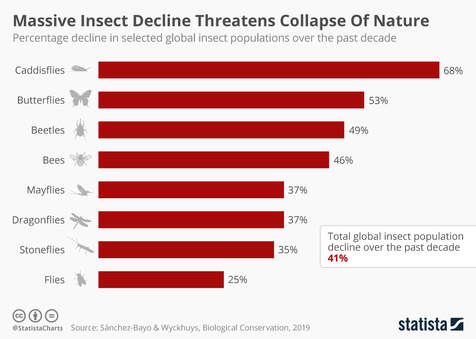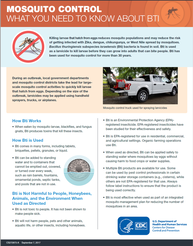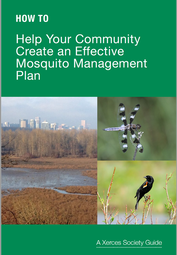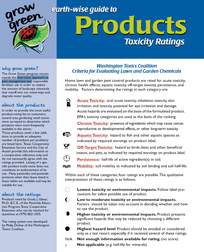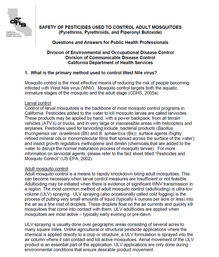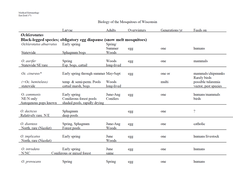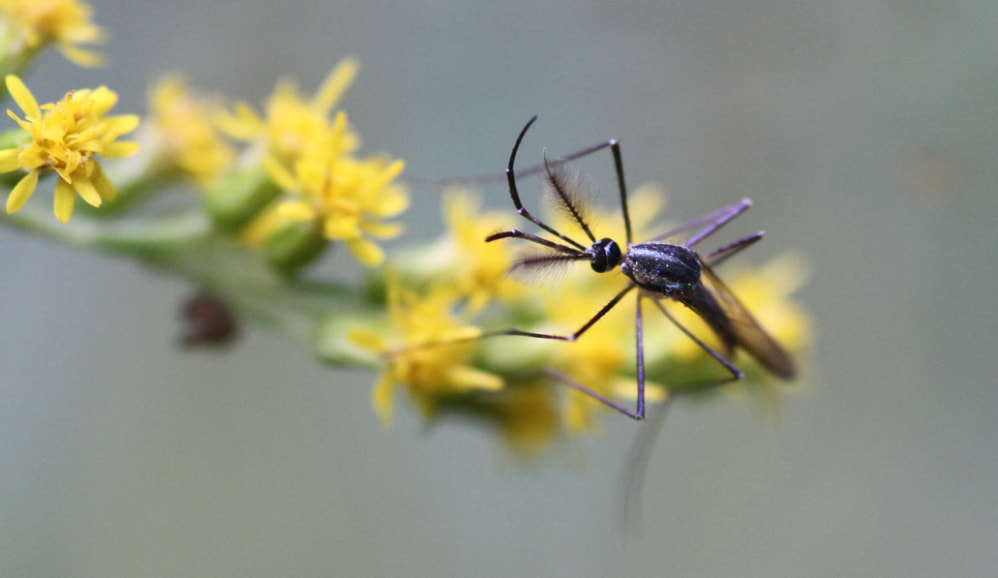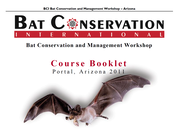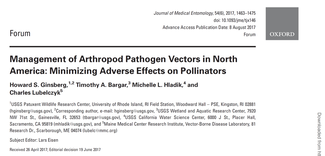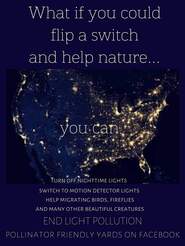The reasons behind insect population declines are both varied and complex. Habitat loss, climate change, pesticides, and pathogens top the list. As varied as the reasons are behind the widespread declines, the methods we need to halt and reverse declines are as complex.
What is known is that changes, both small and large, must occur. In order to help reverse the current loss of insect biodiversity, how we grow our food, build our homes, and live our lives, need to be examined. Small changes that take place in our backyards, along lake shores, in the city, and in our farm fields, can benefit insects. Activities such as reducing light pollution, installing buffer strips, minimizing pesticide use, planting a pollinator garden, and letting our properties be a little more wild, all start at the local level, but have a much larger landscape-level effect.
What is known is that changes, both small and large, must occur. In order to help reverse the current loss of insect biodiversity, how we grow our food, build our homes, and live our lives, need to be examined. Small changes that take place in our backyards, along lake shores, in the city, and in our farm fields, can benefit insects. Activities such as reducing light pollution, installing buffer strips, minimizing pesticide use, planting a pollinator garden, and letting our properties be a little more wild, all start at the local level, but have a much larger landscape-level effect.
1. Reduce Pesticide Use
In recent years, the fear of mosquito-borne illnesses and sense of physical discomfort has led many Wisconsinites to apply insecticides in their yards in order to kill adult mosquitoes. The application is either done through a hired contractor specializing in mosquito control or self-application. The products used may vary in name; however, none of the insecticides used are species specific. This means many beneficial insects are harmed by exposure to the chemical. Furthermore, only some mosquito species are likely to carry illnesses dangerous to humans and that mosquitos in general play a vital role in the balance of the ecosystem.
Look for alternatives to pesticide use at the following link. You can make your own Mosquito Trap.
On Friday, June 3, 2022, two presentations were part of the North Central Land and Water Conservation Association Spring Meeting.
The LCC Welcome by Matt Krueger, Executive Director, Wisconsin Land and Water begins at 2:13:00. If you are a new LCC member and missed the meeting, you may find this short presentation very helpful.
"Don't Dim the Light of the Stars: The Negative Effects of Light Pollution, presented by MaryBeth Kiczenski, Noted Nighttime Photographer, begins at 2:40:00. Within the presentation, MaryBeth mentions a link to a dark sky website. Here is the link: https://www.darksky.org/our-work/grassroots-advocacy/resources/public-outreach-materials/
There are many resources for you to utilize on that dark skies website. Take a look by scrolling through all of them.
If you just want to view the Presentation: Please click the green button "Presentation".
The LCC Welcome by Matt Krueger, Executive Director, Wisconsin Land and Water begins at 2:13:00. If you are a new LCC member and missed the meeting, you may find this short presentation very helpful.
"Don't Dim the Light of the Stars: The Negative Effects of Light Pollution, presented by MaryBeth Kiczenski, Noted Nighttime Photographer, begins at 2:40:00. Within the presentation, MaryBeth mentions a link to a dark sky website. Here is the link: https://www.darksky.org/our-work/grassroots-advocacy/resources/public-outreach-materials/
There are many resources for you to utilize on that dark skies website. Take a look by scrolling through all of them.
If you just want to view the Presentation: Please click the green button "Presentation".
Below is a video showing Elephant mosquito larvae,
Toxorhynchites rutilus, feeding on other mosquito larvae.
This species is often used as a bio-control.
Toxorhynchites rutilus, feeding on other mosquito larvae.
This species is often used as a bio-control.
- - - - - - - - - - - - - - -
- - - - - - - - - - - - - - -
- - - - - - - - - - - - - - -
- - - - - - - - - - - - - - -
Only some mosquito species are likely to carry illnesses
dangerous to humans and mosquitoes, in general, play a
vital role in the balance of the ecosystem.
Click on the images to find out more about Wisconsin's mosquitoes:
dangerous to humans and mosquitoes, in general, play a
vital role in the balance of the ecosystem.
Click on the images to find out more about Wisconsin's mosquitoes:
- - - - - - - - - - - - - - -
Want to find out more from researchers?
Then here are a few papers that discuss the effects pesticides can have on pollinators, birds, and bats. Click on the images below to read the journal articles.
Then here are a few papers that discuss the effects pesticides can have on pollinators, birds, and bats. Click on the images below to read the journal articles.
*****************************************
*****************************************
*****************************************
2. Increase Habitat.
Take a look at the following activities for ideas, hints or inspiration to increase habitat in your yard, near your shoreline or around your house.
- Look beyond the bird feeder.
- Leave the garden debris.
- Create buffers.
- Create your own pollinator garden
|
